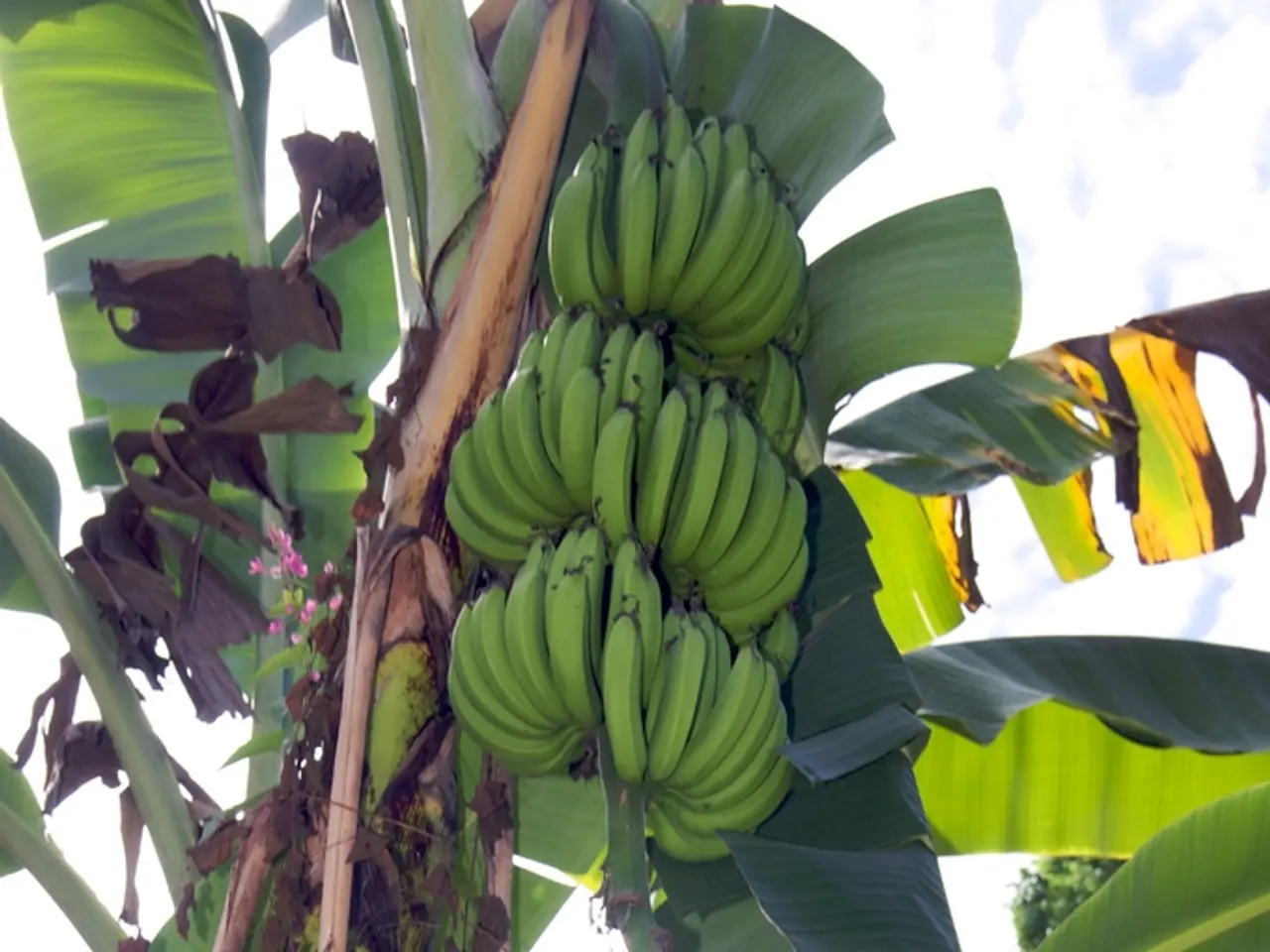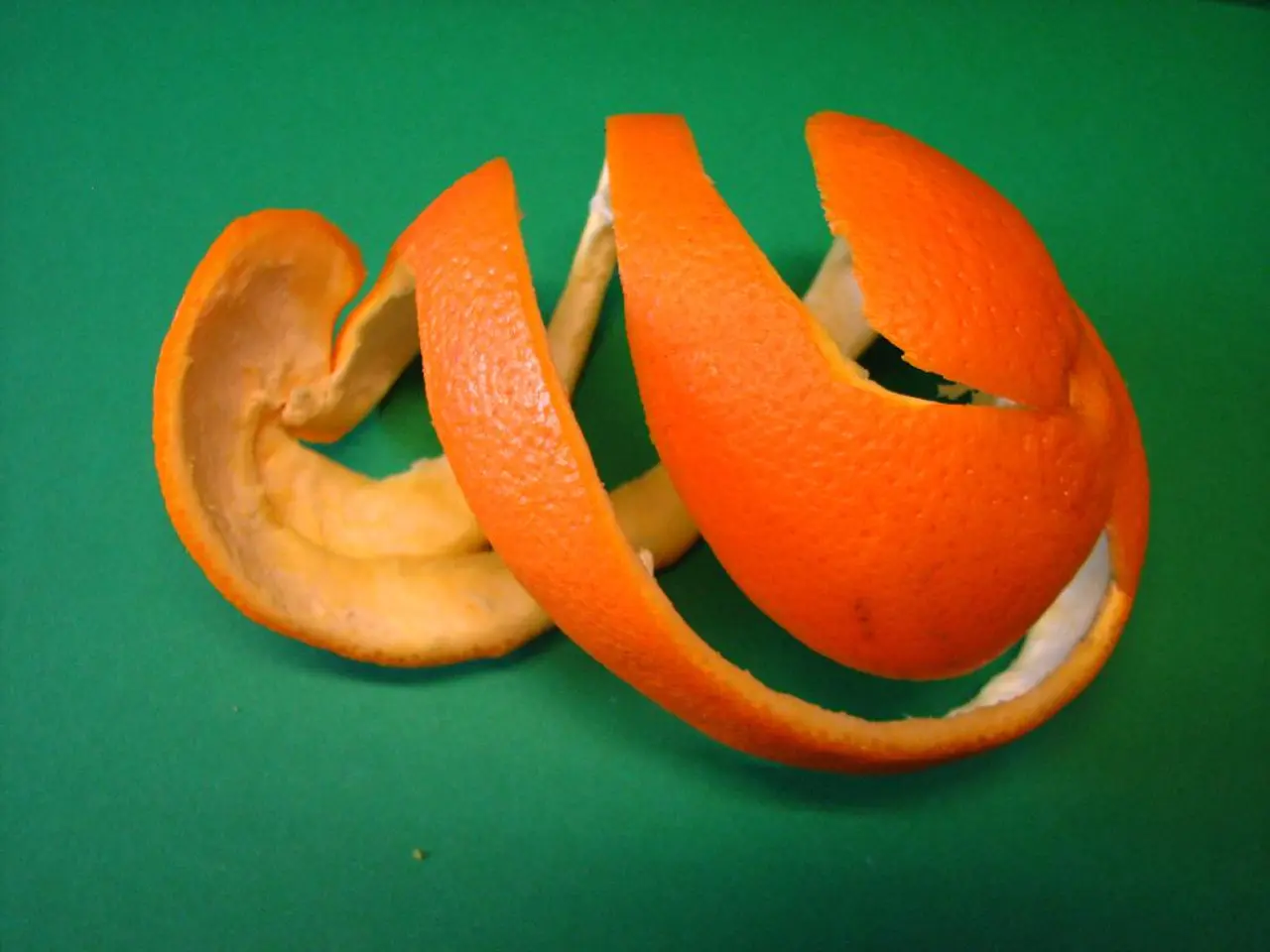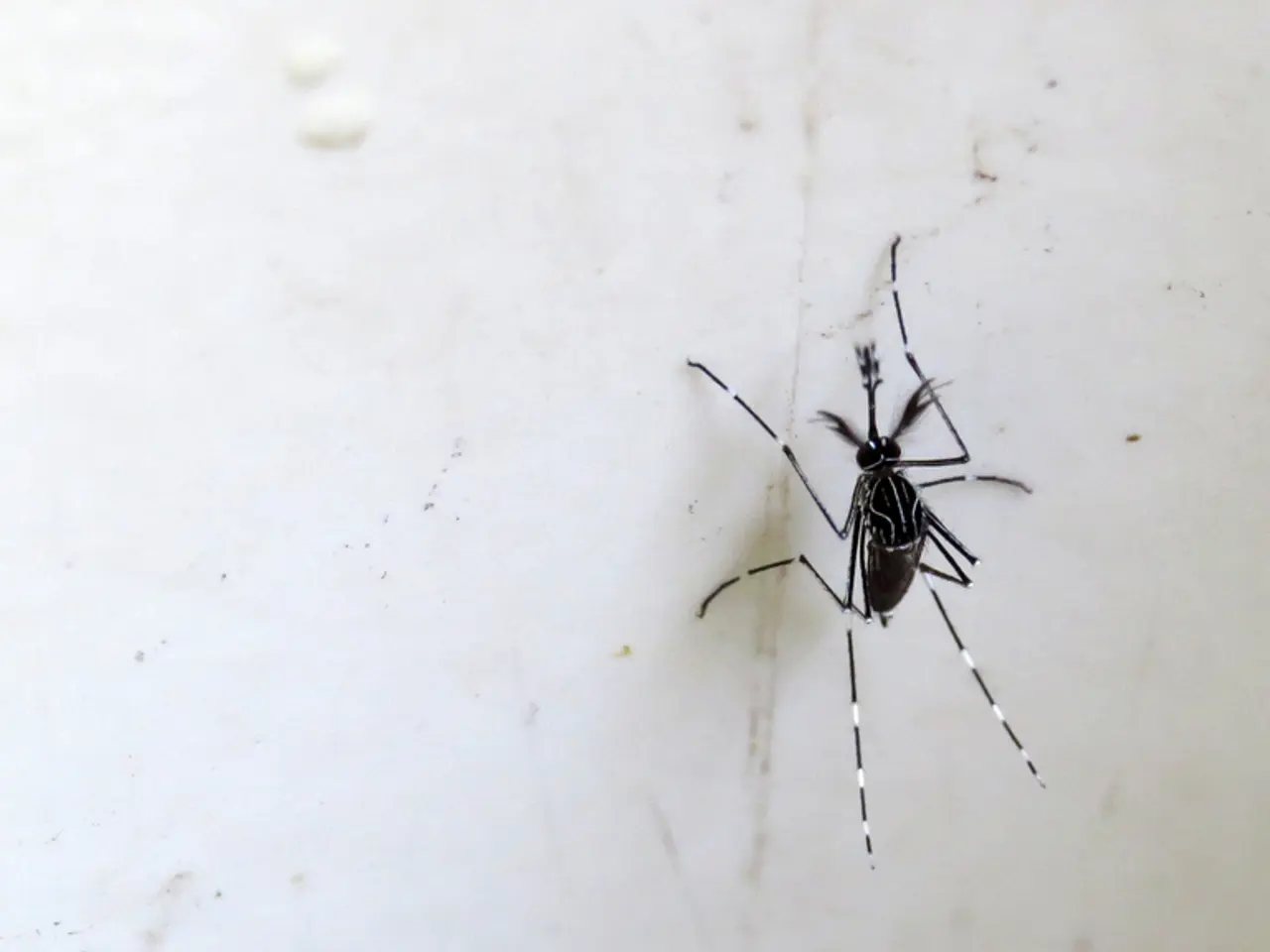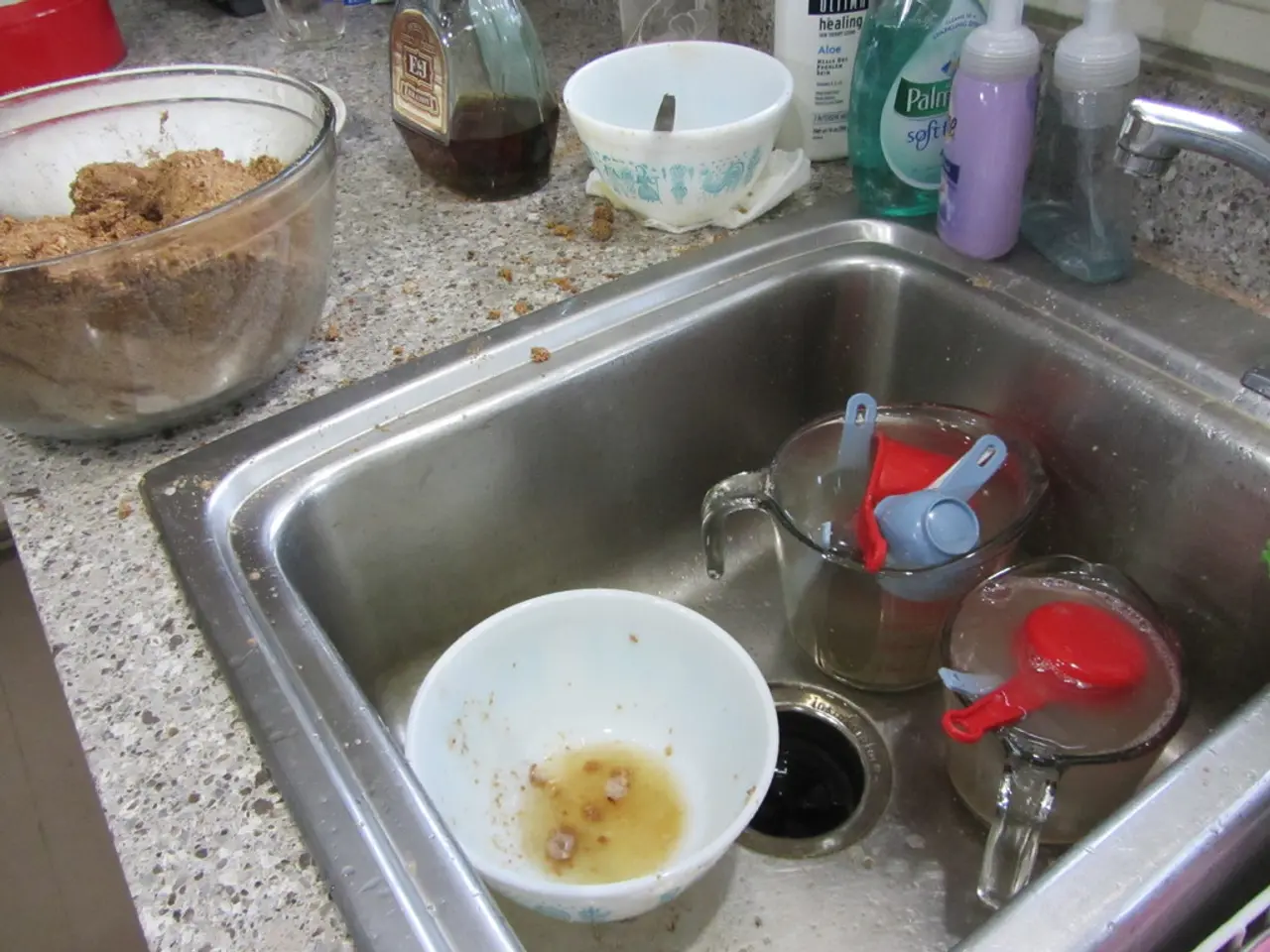Bananas and their impact on psoriasis: An examination
Psoriasis, an autoimmune disease that causes the skin to grow too fast, resulting in raised, discolored, and scaly patches, affects millions worldwide. While seeking effective treatment options, some people have turned to unconventional methods, such as using banana peels. However, it's essential to approach such remedies with caution.
Current scientific evidence does not support the use of banana peels as an effective treatment for psoriasis symptoms. Although banana peels contain antioxidant, anti-inflammatory, and antimicrobial compounds, there is no rigorous clinical research demonstrating that these components, when applied topically via banana peel, can significantly improve or treat psoriasis.
One of the primary reasons for this is the limited skin penetration of banana peel compounds, such as lutein, due to their molecular size. This reduces the likelihood that they could impact psoriasis pathology through topical application.
Patients with psoriasis are advised to seek treatments with established effectiveness under medical supervision. Prescription medications like corticosteroids, retinoids, biologics, phototherapy, and established topical agents have demonstrated efficacy in clinical trials.
However, this is not to say that bananas and their peels hold no benefits for people living with psoriasis. Eating bananas can be beneficial for a person's overall health due to their nutritional content, including vitamin C, potassium, and fiber. Additionally, banana peels may provide antioxidants, moisture, and an anti-inflammatory effect. Some people claim that applying banana peels to psoriasis patches may provide moisture and cooling relief to the itch or pain.
It's important to note that while limited research suggests that some chemicals and nutrients found in banana fruit and peels may help with inflammation, there is no definitive proof that bananas or their peels would make a good treatment for psoriasis.
The National Psoriasis Foundation notes that there are several potential natural therapeutic treatments that a person may find helpful, including turmeric, aloe vera, capsaicin, Dead Sea salts, oat paste or bath, tea tree oil, apple cider vinegar, nutritional supplements, acupuncture, massage, yoga, and exercise.
In conclusion, while banana peels may offer some benefits, they should not be relied upon as a primary treatment for psoriasis. It's crucial to discuss any alternative treatments with a healthcare provider before attempting them. Treatments for psoriasis focus on treating symptoms, slowing the progression of the disease, and preventing flare-ups. Always prioritise approved and medically-backed treatments for managing your psoriasis.
- Treatment seekers for psoriasis may find that banana peels do not provide a proven effective treatment for the disease's symptoms, as scientific evidence does not support their use.
- In the realm of health-and-wellness and skin-care, eating bananas can offer benefits, such as vitamin C, potassium, and fiber, but their peels could only provide moisture and temporary relief for psoriasis symptoms like itching and pain.
- Rather than relying on unconventional treatments like banana peels, individuals with psoriasis are encouraged to prioritize approved treatments, as these, such as prescription medications, have demonstrated efficacy in clinical trials. The National Psoriasis Foundation suggests considering alternative natural treatments, like turmeric, aloe vera, and Dead Sea salts, among others, but it's crucial to consult a healthcare provider before trying them.




